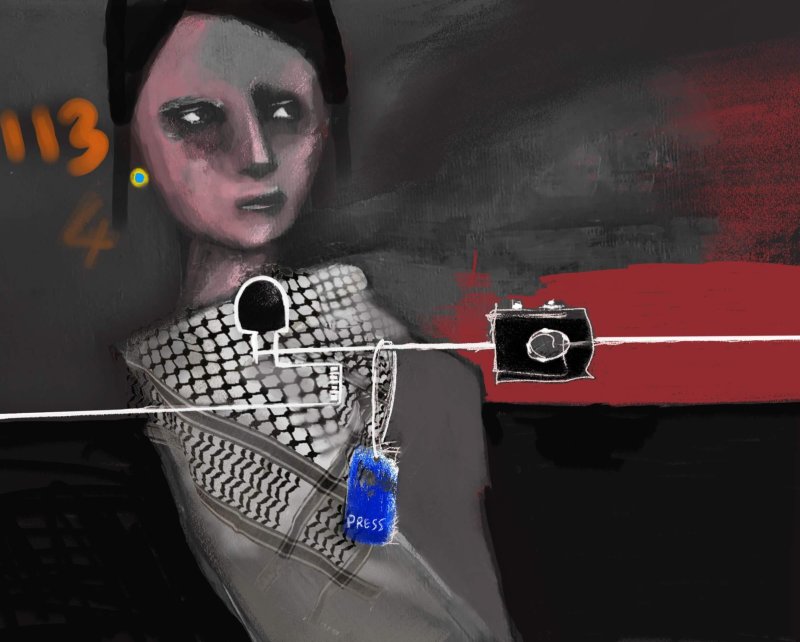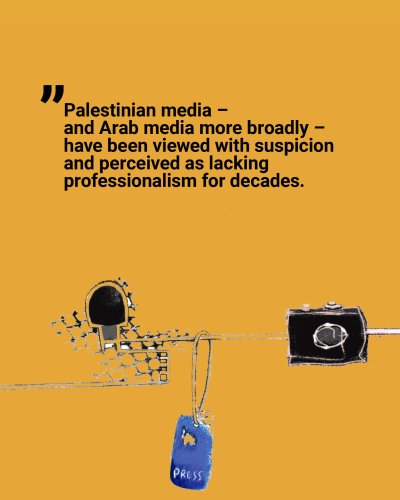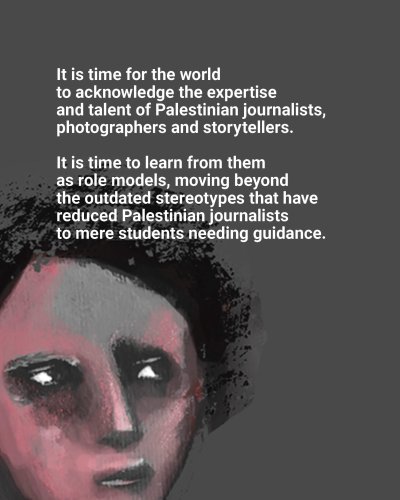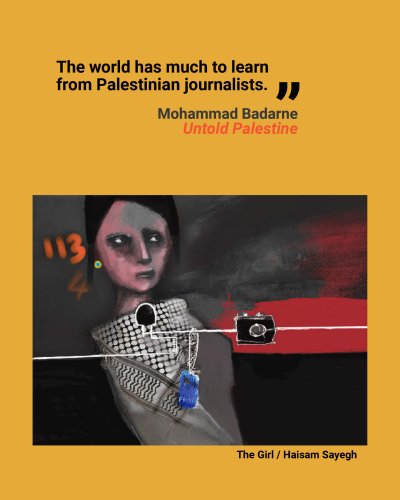Yet, we have resolved that, especially in these times of heightened hatred and dehumanisation, it is crucial to continue with our approach, reinforcing our commitment to dignity and freedom for all peoples.
An important lesson we’ve learned is the critical need for adaptability and resilience in times of crisis. As the situation in Gaza and the West Bank has escalated, we’ve had to quickly pivot our focus and resources while maintaining the integrity of our work. Since October 2023, we’ve learned the importance of prioritising ethical standards in visual storytelling, especially when photographing vulnerable groups like children. To ensure rights and consent, we implemented a protocol requiring explicit parental approval and transparency about how images will be used. This experience highlighted the need for a professional photography guide to uphold privacy and human rights, which we are now developing to guide our future work.
The ongoing conflict in Palestine has underscored the urgent need for visual storytelling that blends media and visual arts, with a focus on human-centered narratives. This approach has been at the heart of our work, driven by a growing demand, particularly from young adults, who are eager to learn how to document the stories they experience during these challenging times. Notably, our storytelling has been able to navigate the restrictions and regulations of platforms like Instagram and Facebook by using creative and subtle techniques to share these important narratives.
Going forward, what do you see as your most important priority?
We have two intertwined priorities. The first is to train more groups in visual storytelling. The second is to integrate both digital and fieldwork efforts to continue producing and sharing visual stories from Gaza and the West Bank.
What is one thing you wish the world knew about your life and work since October 2023?
Our story is part of a long history of oppression, and what we are doing is reclaiming the narrative for its rightful owners, allowing Palestinians to tell their story as they see it. The world must recognise that this narrative is holistic, not fragmented, and that the experiences of the Palestinian people after 7 October are a continuation of a broader story that began 75 years ago.
On a professional level, particularly in media and the arts, Palestinian media – and Arab media more broadly – have been viewed with suspicion and perceived as lacking professionalism for decades. It is time for the world to acknowledge the expertise and talent of Palestinian journalists, photographers and storytellers. It’s time to learn from them as role models, moving beyond the outdated stereotypes that have reduced Palestinian journalists to mere students needing guidance. The world has much to learn from Palestinian journalists.
Following 7 October, our message is clear: Do not abandon those working in journalism, because during this ongoing war, they have been left to face it alone. Stand in solidarity with Palestinian journalists and, by extension, the Palestinian people.






